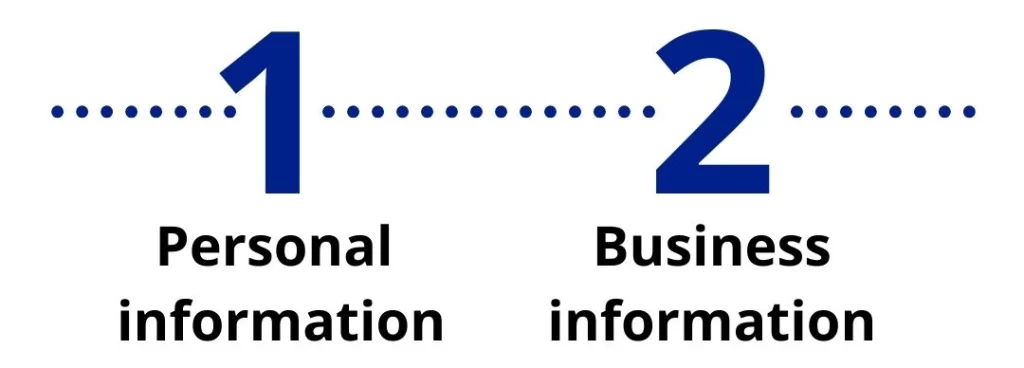If you’ve worked with energy brokers and suppliers you’ve probably heard that some businesses qualify for custom pricing. But what is custom pricing? Is it true that you will get a better price if you get custom pricing for your business? How do you qualify?
The answer is you might get a better price or you might get a higher price… but before we go forward there are a couple things you need to understand:
Load Factor: Load Factor is essentially how efficiently your business uses the electrical grid.
Load Profile: Load Profile is the variation in your electricity usage over time.
Check out this article for a more detailed description of Load Factor and Load Profile.
Custom pricing is when a supplier goes over your business’ specific energy needs, rate class, load profile and load factor and then gives a price specific to your business. This price is valid for 1 day and can take between 1-5 days to receive.
Who qualifies for custom pricing?
Technically anyone can get custom pricing and as the industry evolves suppliers are requiring more and more businesses to get custom pricing as it allows the supplier to accurately determine each business’ individual energy needs.
Custom pricing was originally designed for businesses that fall under one or more of the categories below:
- Large annual usage—2,000,000 kWh and above and 10,000 Dekatherms and above.
- Businesses with either a) 20 or more locations even if they don’t have high usage or b) tons of locations each with large annual usage.
- Specific rate classes. Each utility has their own rate classes and some of those rate classes require custom pricing. There is no industry standard so every utility has their own rate classes, meaning there are hundreds.
As a note, if your business uses 2,000,000 kWh or 10,000 Dekatherms or more you are required to get custom pricing as standard pricing does not apply.
Who should get custom pricing?
If your usage is less than 2,000,000 kWh or 10,000 Dekatherms and you do not fall under a rate class that requires custom pricing should you get custom pricing?
The short answer is often no, as in some cases custom prices actually come back higher than standard rates. The long answer is maybe, depending on the following factors:
1. Does your business have multiple locations in deregulated states?
Depending on how many locations you have and their usage, you can combine the total annual usage and in some cases get a lower rate than if you priced them individually. Even if they had a combined usage of 2,000,000 kWh or 10,000 Dekatherms it wouldn’t guarantee a better price.
Whether or not you get a better price heavily depends on your load profile, load factor, what state you are in and which supplier you are getting pricing from.
- If your usage is 1,000,000+ kWh or 5,000+ Dekatherms custom pricing can come back cheaper depending on what territory you are in, your load profile and load factor, and what suppliers service your area.
The best thing you can do if you are in either of those categories would be to speak with an energy professional so they can help you. Consumer Energy Solutions has been in business over 22 years and has extensive training that reps are required to complete before they can even talk to a customer about custom pricing.What are the Different Types of Custom Pricing?
1. Fixed Rate
This is the same as a normal fixed rate contractually. The difference between getting a custom fixed rate and a standard rate is that the supplier will look into your specific energy needs as a business. They will be looking at your load profile, load factor, where you are located and total usage.
Depending on these factors the price could be cheaper or it could come back more expensive.
2. Blend and Extend
Blend and Extend Contracts are used to secure longer terms at a lower rate for a current gas/electric customer. How do these types of contracts work? Say you’re paying $10 per dekatherm for a natural gas contract, and you’re currently in the second year of a two year contract. Let’s say gas prices have dropped to $8 per dekatherm. You could lock in this year’s $8 per dekatherm rate and blend it with the contract you have. The new longer term (in this case 2 years plus the remainder of the current contract) would be averaged out to $9 throughout the entire term of the new contract.
The benefit of this type of contract is it can reduce your business’ energy costs immediately. You can take advantage of today’s down market instead of having to pay a higher rate from an older contract.
Blend and extend contracts can be renegotiated so if you were in a long term contract and the market unexpectedly dipped you could likely take advantage of that.
3. Index
An indexed rate electricity plan is similar to a variable rate plan, in that your price will change on a regular basis. The difference is that indexed plans are tied to a published market price, like the cost of natural gas. Businesses can take advantage of price volatility to competitively plan and manage the quantity of electricity they consume based on anticipated hourly prices. Manufacturers, for example, can opt to use more electricity at off-peak hours.
4. Block and Index
Block and Index Contracts give you power to blend the benefits of fixed and index rates, giving your business greater control over your energy budget. These contracts offer flexibility to secure fixed prices for specific portions of your load while letting the rest, the unfixed portion, remain on the market-based index rate. With this approach, your business has flexibility in what percentage of their energy is purchased in blocks. The blocks available for purchase will vary by market.
This can be very beneficial for businesses that use energy 24/7 like large manufacturers. They can utilize a fixed rate for on-peak hours where prices are highest and take advantage of the cheaper off-peak hours (nighttime/early morning).
There are other types of custom pricing for ultra specific needs but generally speaking, these 4 are used the vast majority of the time.
So, in closing, getting custom pricing can be beneficial and can potentially save you money but unless you meet specific criteria it can be more expensive.



